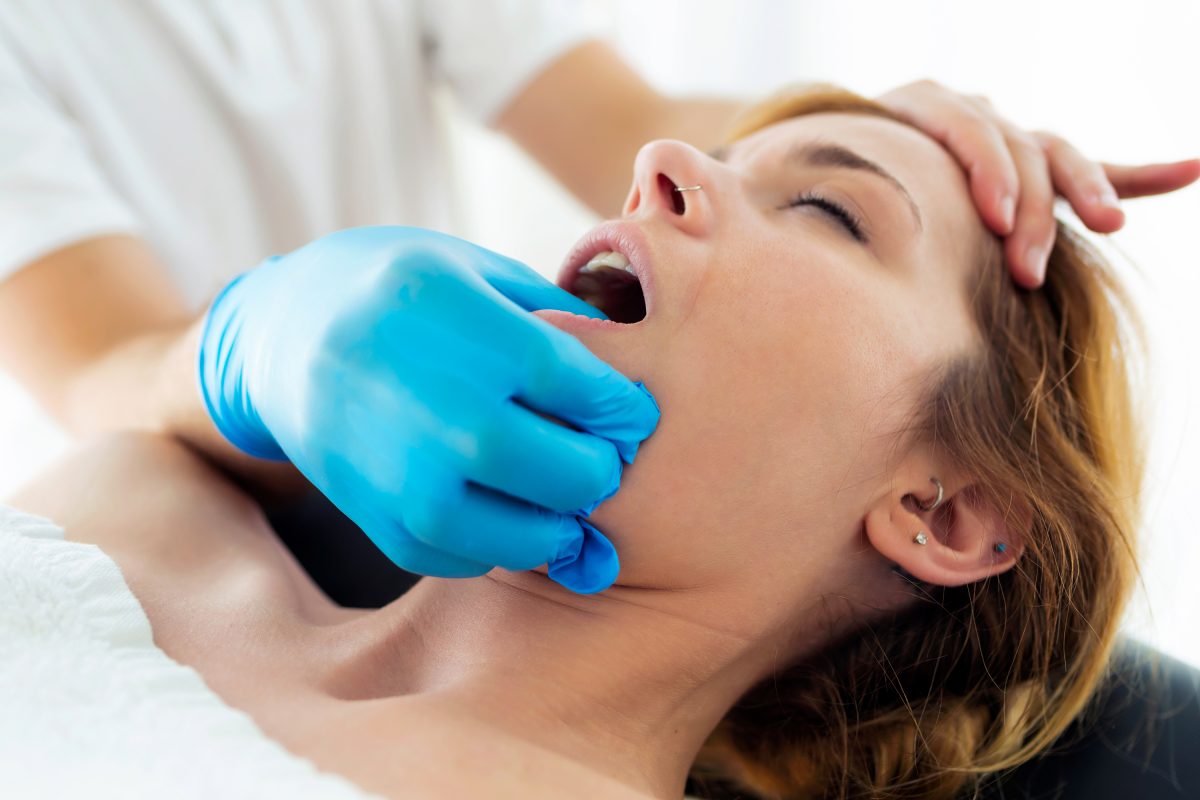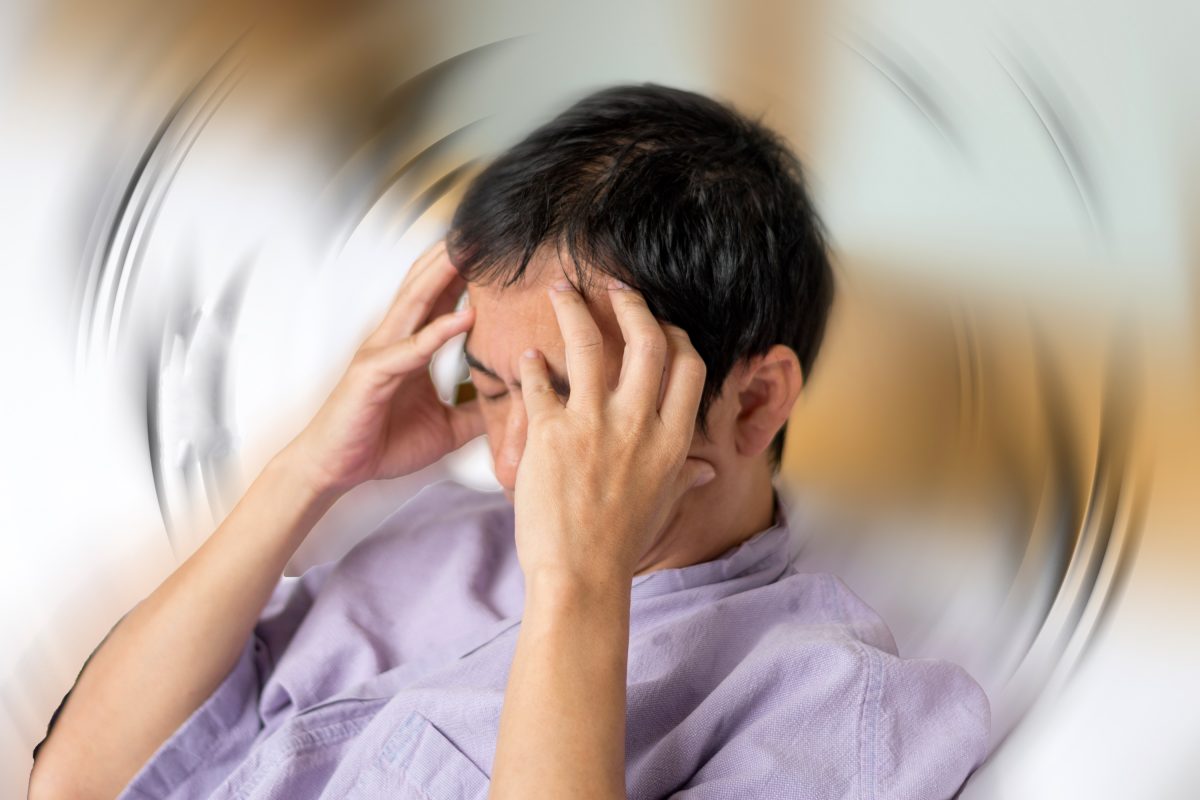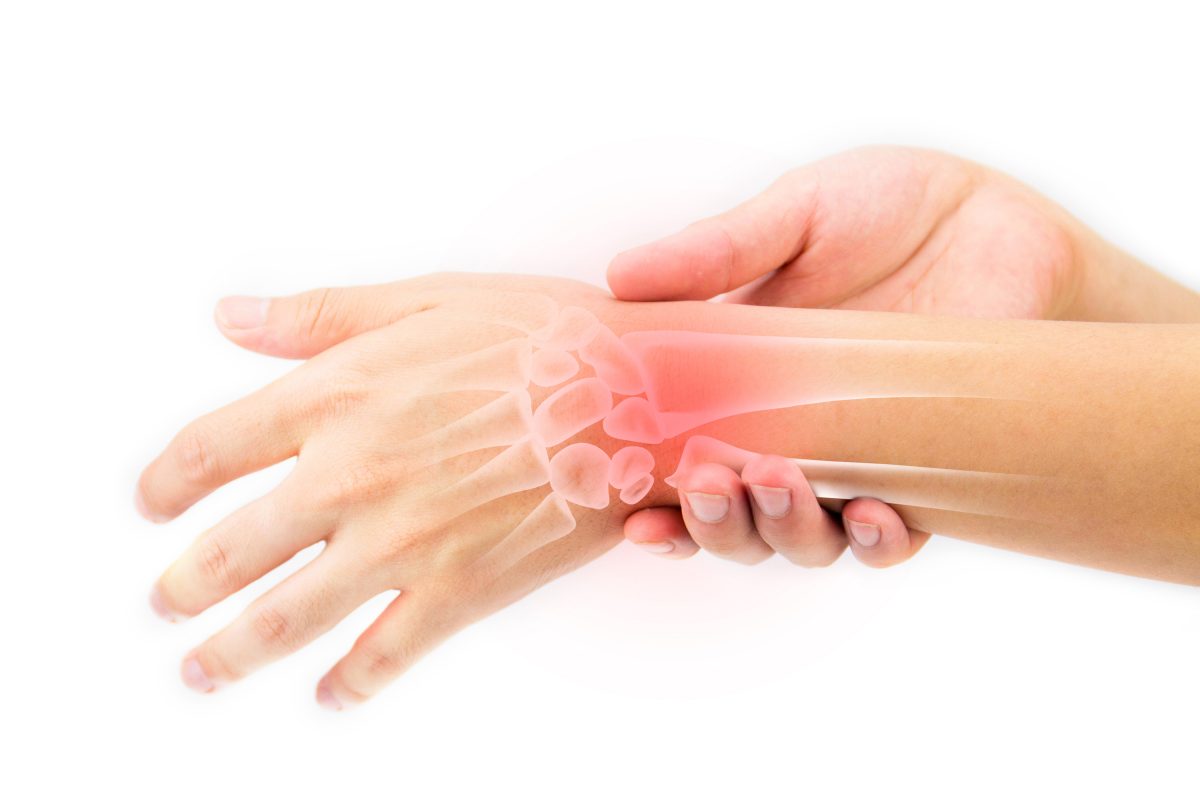SERVICES AND SPECIALTIES
Manuel Therapy

Manual therapy, now called advanced musculoskeletal physiotherapy, is an internationally recognized physiotherapy approach in which the physiotherapist performs a detailed assessment and treatment of the patient using mostly their hands when indicated.
A broad range of techniques are at the disposal of a FCAMPT Fellow of the Canadian Academy of Manipulative Physiotherapy physiotherapist including joint, muscle and nervous system mobilization, manipulation (quick, short amplitude, effective and safe) and the prescription of individualized exercises depending on the patient’s needs.
This approach is known for its effectiveness in treating various types of injuries such as low back pain, disc herniation, neck pain, neural conditions, tendinopathy, headaches, jaw pain, sprains, arthritis and many more.
PPAS

Dry needling is a clinically effective tool to treat several conditions including tendinopathies, vertebral dysfunction (neck, thoracic, lumbar), muscle tension and headaches.
While the equipment used with this technique is similar to acupuncture, the principles that support it are different. The goal of dry needling is to release trigger points (localized tension point in a muscle), relieve symptoms and re-establish muscle function. It would be a mistake to say that the physiotherapist does acupuncture since dry needling is not acupuncture!
Aside from local tenderness, a trigger point as the unique property of referring pain to another area of the body. The intramuscular insertion of a thin needle allows the therapist to reach these points of tension, notably in the deep muscles, which are otherwise difficult to reach.
It is worth nothing that dry needling is a therapeutic act that is regulated by the Ordre Professionnel de la Physiothérapie du Québec (OPPQ) and only therapists with a certification from the OPPQ are authorized to perform dry needling..
Jaw

The temporo-mandibular joint (jaw) can present multiple problems that can frequently be a source of pain and significantly affect function. Here are some frequently encountered problems:
- parafunction
- bruxism (clenching or grinding teeth)
- poor muscle control
- loss of mobility or ‘locking’ – joint noises
- muscle tension
- disc dysfunction.
Physiotherapy is a distinguished approach in the treatment of this joint. Nonetheless, it is not all physiotherapists that are specialized in the treatment of the TMJ. An appropriate post-graduate training is required.
It is also imperative to know that a TMJ dysfunction, even when it is pain free and not suspected can be responsible for headaches, neck pain and/or toothaches. Choosing a physiotherapist who has an expertise in treating the TMJ is an advantage that can be indispensable to treating these conditions.
Finally, collaboration with dentists, orthodontists or certain surgeons such as ENT (ear-nose-throat) is often key to offer the best treatment based on the patient’s needs.
Headaches

Several types of headaches exist: migraines, tension headaches, cervicogenic headaches and post-traumatic headaches (eg: post-concussion) are among the more frequent headaches seen in physiotherapy
The cause of headaches is often multifactorial and therefore, its assessment requires in-depth knowledge of these factors. The study of headaches always interested Caroline and motivated her to follow several courses on the subject. She developed a high degree of expertise in order to help her patients manage this condition.
The effectiveness of physiotherapy to improve certain headaches has been supported by scientific research.
Dizziness

Dizziness or vertigo is a common complaint that 50% of the population will be affected by at one point or another in life.
Different causes can be at the source of these symptoms. The most common is caused by a vestibular system dysfunction, 90% of which are BPPV (benign paroxysmal positional vertigo).
Vestibular rehabilitation is a specialized physiotherapy approach that permits the assessment and treatment of this condition. A medical consultation may be necessary to rule out certain more serious medical conditions.
Running

Running has gained popularity in the last few years. While the benefits are undeniable, injuries are also common among a large number of runners every year.
Having a particular interest in running, Caroline has completed the most advanced training at The Running Clinic, Expert 2.0
Other than a detailed assessment of your musculoskeletal condition, analysis of your running technique can be done in order to guide your rehabilitation and optimize recovery. Tips on your running technique, training habits and shoes will be tailored to you. The treatment will be completed with the appropriate approaches for your condition such as exercise prescription, manual therapy, dry needling, myofascial techniques and/or taping.
It is also possible to be assessed in order to decrease the risk of injuries associated with running or to improve performance.
X-Ray

It is increasingly common for patients to consult a physiotherapist as a first intervention after a musculoskeletal injury.As such, it is beneficial for a physiotherapist to be able to prescribe X-rays when a patient presents with an acute trauma.This accelerates and simplifies the continuum of care.
A physiotherapist who is certified by the Order can prescribe X-rays to a patient who presents with a physical disability of the musculoskeletal system following a trauma that occurred in the previous 72 hours.
The American College of Radiology dictates the conditions under which a physiotherapist may prescribe x-rays, making it possible for the physiotherapist to determine the relevance of prescribing them after a proper assessment.
Other
- Tendinopathy (rotator cuff, gluteus medius, epicondylitis, plantar fascia, etc.)
- Bursitis
- Muscle and sports injuries
- Sprains
- Low back and neck pain
- Thoracic and rib pain
- Sacro-iliac dysfunction
- Neurological conditions (sciatica, brachial plexus, carpal tunnel, etc.)
- Post-operative follow up
- Post-fracture follow up
- Disc herniation
- Osteoarthritis
- And many more…